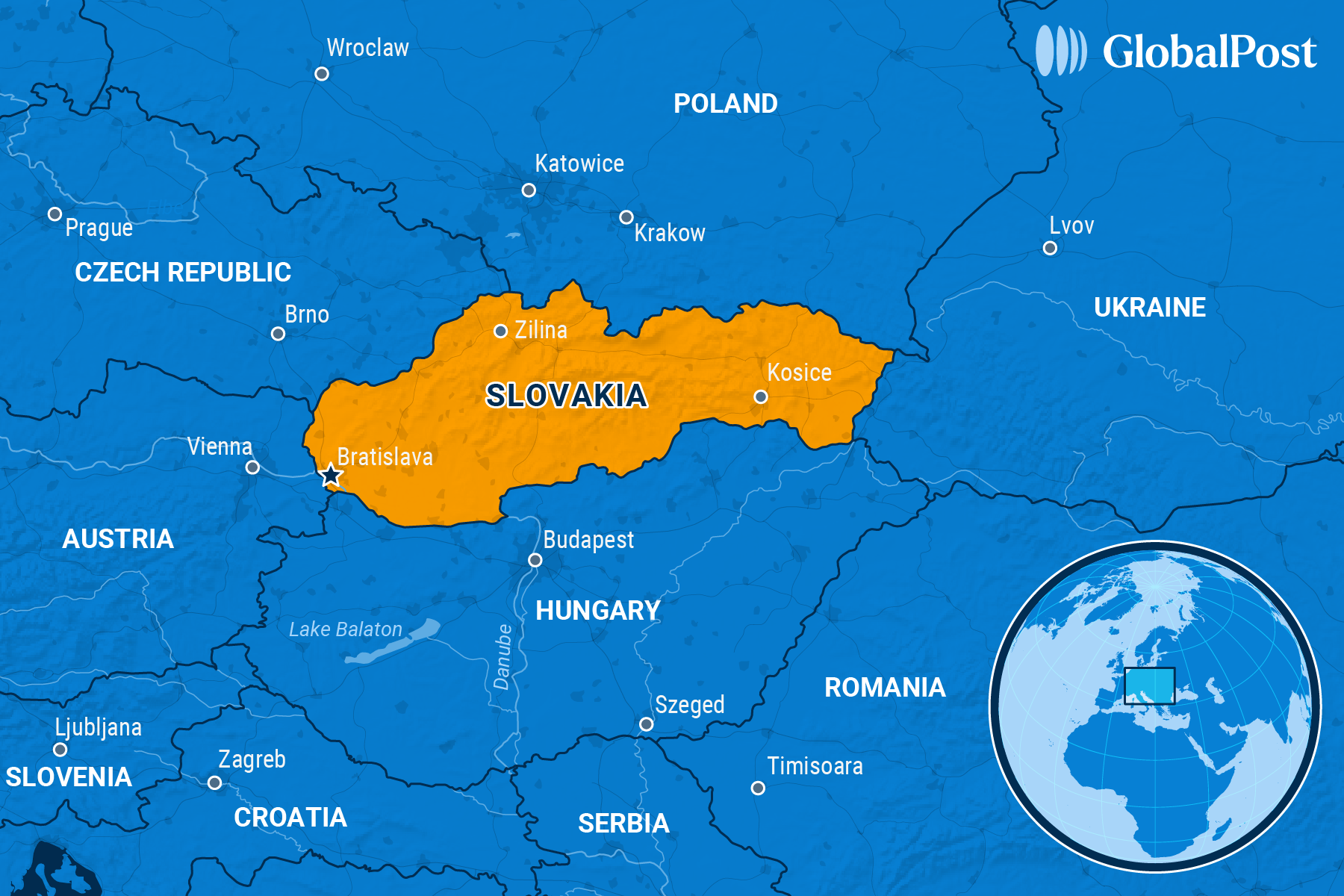Growing Protests Threaten Slovakia’s Pro-Russian Leader

Almost 18 months ago, former Prime Minister Robert Fico and his leftist Smer-SD party returned to power.
And protesters returned to the streets.
Now, those demonstrations are growing and are threatening to bring down the government.
In early February, protesters braved the cold to express their anger at his surprise trip to Russia to speak with Russian President Vladimir Putin. Almost no European leader has visited Russia since Moscow invaded Ukraine three years ago.
“Resign, resign,” was the refrain of the protests, as well as “Slovakia is Europe,” and “We’ve had enough of Fico.”
“I feel really disappointed by our government,” Richard, who attended the protests, told German broadcaster Deutsche Welle. “When I was 12 years old, I took to the streets with my father, protesting against communism in November 1989. And now here I am fighting for democracy once again.”
It is Fico’s fourth stint as Slovakia’s leader. He became prime minister after his anti-European Union, anti-US Smer party’s victory in the general election in October 2023. Five years earlier, he was ousted after the murder of an investigative journalist who was investigating Fico and other members of his circle. The 2018 murder brought tens of thousands of people onto the streets in the largest protests since those of the 1989 anti-communist Velvet Revolution in what was then Czechoslovakia.
On Feb. 21, more than 100,000 people demonstrated against Fico to mark the murder’s anniversary, the biggest protests since the demonstrations in 2018.
Since he regained office, he’s been infuriating many voters with his pro-Russian, anti-EU, and anti-Ukraine stance. He has ended Slovakia’s military aid for Ukraine, criticized EU sanctions on Russia, and vowed to block Ukraine from joining NATO. He declared Ukraine’s President Volodymyr Zelenskyy an enemy and he’s made repeated overtures to Russia, culminating in his trip to Moscow.
Fico’s defense minister said last year that EU officials, rather than discussing military aid for Ukraine, should be repatriating Ukrainian men back home so they can join the war. Meanwhile, his government has also sued Slovakia’s former prime minister and defense minister for providing fighter jets and other arms to Ukraine.
At home, he has been criticized for undermining the rule of law, with critics pointing to his criminal justice reform plan that they said would weaken corruption investigations and prosecutions and was a ploy to allow his allies to escape corruption charges. In the year since, Slovakia dropped dramatically on Transparency International’s Corruption Perception Index.
He’s attempted to label certain NGOs as “foreign agents” and implement laws that forbid protests, setting off renewed anger.
His supporters say that Fico is trying to do his best for the country and that the protests are “a generational problem,” as Maria, who grew up under communism, told Agence France Presse. “The older generation knows how politics works. Nothing is black and white.”
Still, Fico, who survived an assassination attempt in May, has been escalating tensions by accusing protest organizers of being funded by foreigners attempting to engineer a coup in the country.
Analysts say they believe the protests will bring down the government again. Already, the opposition is planning a vote of no confidence.
Smer’s coalition government has become shaky, and moderates are increasingly concerned about Fico’s extremism and his erratic behavior – the paranoia and the repetition of conspiracy theories among other things, wrote the Center for European Policy Analysis. Also, moderates do not want to see the country leave the EU or NATO, it added.
Meanwhile, academics, doctors, psychologists, and scientists have been calling for the prime minister to step down over concerns about his mental state.
Speaking at a protest in late January in Prešov in eastern Slovakia, Eva Kulová, 84, who was among those who helped topple communism decades ago, believes the government is running scared. “The specter of a coup haunts them day and night,” she said.
“… we are here because of a … moral deficit,” she added. “That’s what brought us out to these city squares. And there will be more and more of us.”

Subscribe today and GlobalPost will be in your inbox the next weekday morning
Join us today and pay only $32.95 for an annual subscription, or less than $3 a month for our unique insights into crucial developments on the world stage. It’s by far the best investment you can make to expand your knowledge of the world.
And you get a free two-week trial with no obligation to continue.
